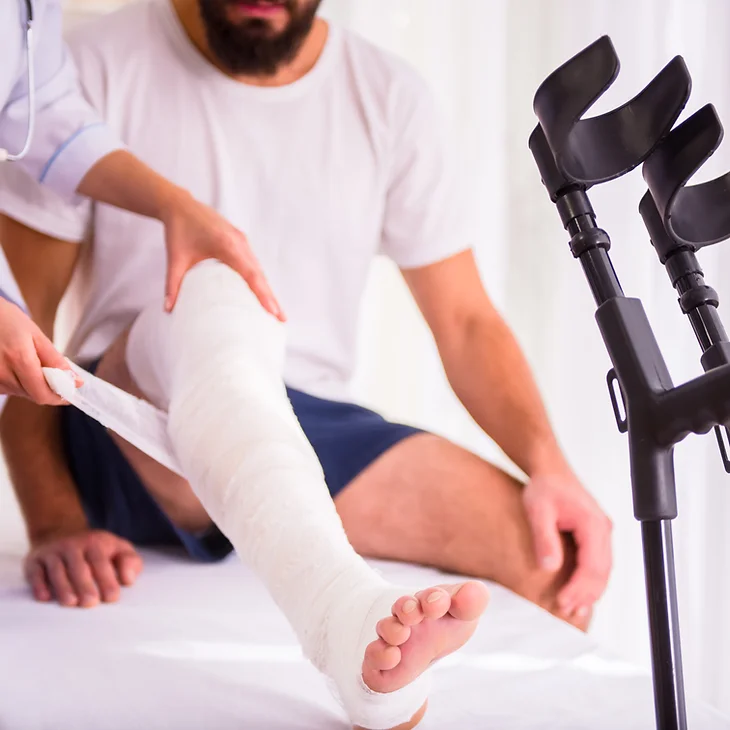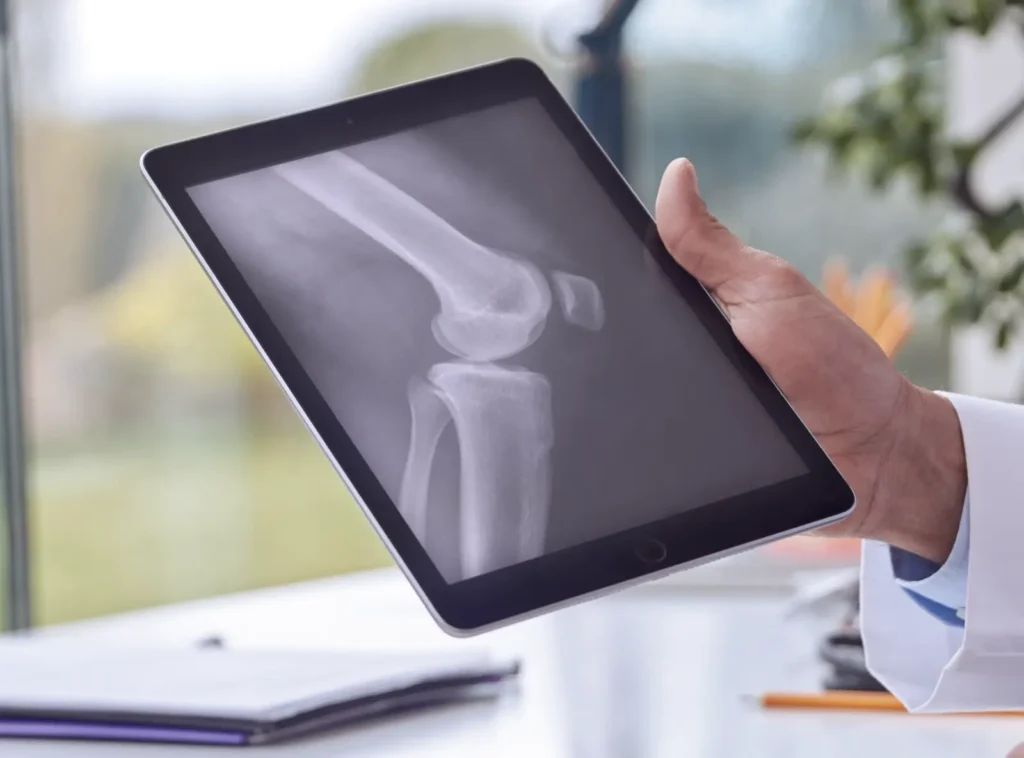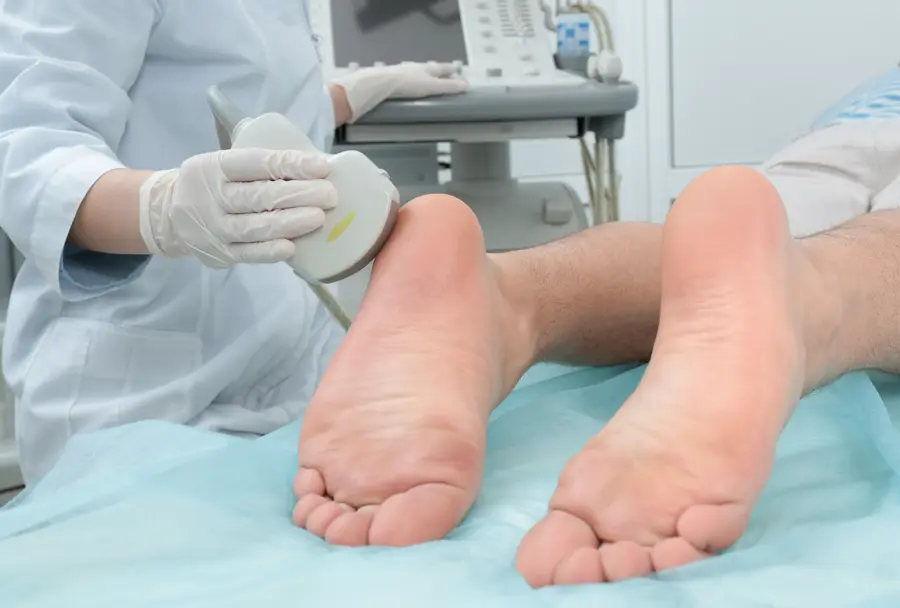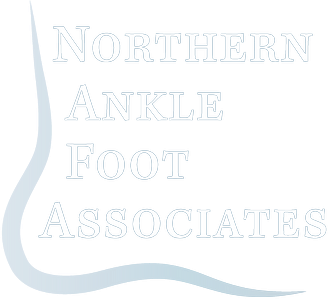Treatments
Our office provides the latest technologies to assist in the accurate diagnoses and treatments of your condition.

Custom Ankle Brace Casting
A Cast or Brace You Can Rely On
Certain conditions such as severe arthritis of the ankle and foot as well as drop foot injuries require more support than a traditional shoe orthotic can provide. In these instances, an ankle-foot orthoses can be made by our team. A cast is made to create a custom brace that molds and fits perfectly to your foot and ankle that when worn, will allow you to resume activities with better function and decreased symptoms.
Custom Orthotic Scans
An Orthotic Built Just For You
Custom orthotics fit your feet and more effectively support you than general orthotic products you can buy at the drugstore. Our team will assess your gait, capture images and molds of your feet and create custom orthotics that are tailored specifically to you.

Digital X-Rays
Get Results & Answers with In-House Imaging
Digital X-Rays expose the patient to far less radiation than traditional imaging. These X-Rays are connected to a computer to give a sharper image and better clarity. This means we can quickly and accurately review the X-Rays in the office and then discuss treatment all at the same visit.
Laser Fungal Nail Treatment
Eliminate Toenail Fungus Permanently
When home treatments and other interventions aren’t working, it might be time to consider laser fungal nail treatment. The lasers used for fungus removal attack the organisms under the nail without damaging the skin and tissue. Unlike topical therapies, the light can penetrate through the toenail to reach the fungus.

Ultrasound Diagnostics
Painless Diagnostic Testing
Ultrasound imaging (sonography) uses high-frequency sound waves to view inside the body. Ultrasound images are captured in real-time, allowing them to also show movement of the body’s internal organs as well as blood flowing through the blood vessels.
Ultrasound Guided Needle Injections
Get Safe & Accurate Relief
Ultrasound guided joint injections are a safe approach to treating pain, inflammation and impaired mobility. Using an ultrasound allows us to see the needle in real time and assures that the medication is accurately injected at the intended site. Ultrasound guided joint injections can also help determine which structures are generating your pain.

Vascular Testing
Noninvasive Testing of the Circulation
An Ankle-Brachial Index or ABI Test allows our team to measure blood pressure in the arteries at various locations on the thigh, calf, foot and toes. This information will let us know if your circulation is adequate to heal from any procedures or from an open wound. Less than optimal blood flow may require a vascular consult for suggestions on how to improve circulation and decrease any symptoms.

